Posted on 7/21/2025
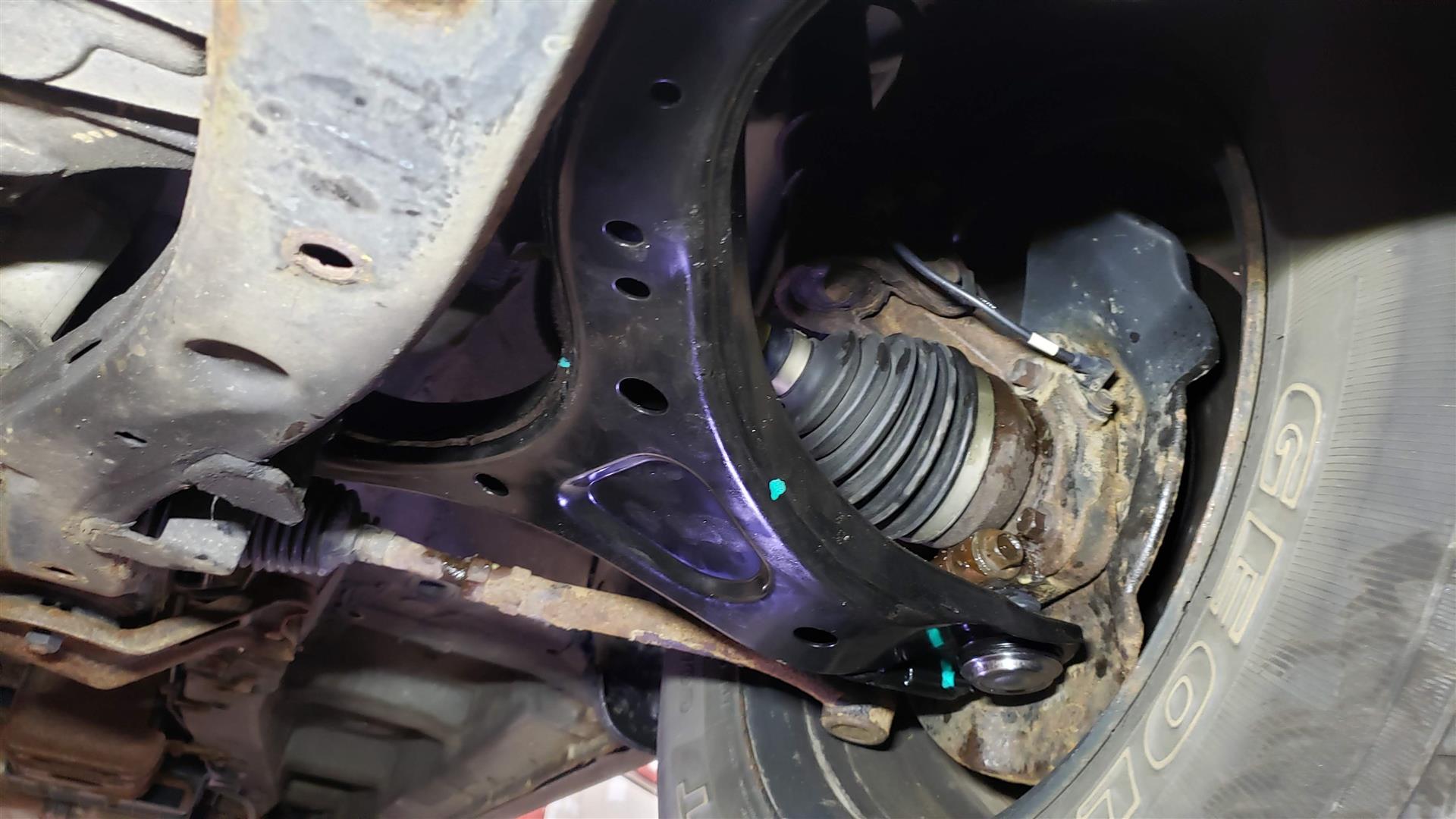
Keeping Your Suspension in Check: Why Control Arm Replacement MattersPublished by Accomplished Auto | July 21, 2025 When you’re driving down the road, your vehicle should track straight with minimal steering correction. If you find yourself constantly adjusting the wheel just to keep your car straight, it might be more than just annoying—it could be a sign of a suspension issue, specifically a worn or damaged control arm. What Does a Control Arm Do? The control arms in your vehicle are a vital part of your suspension system. They connect the frame of your vehicle to the wheel hub and allow for smooth up-and-down movement while keeping your wheels aligned with the road. Some vehicles have both upper and lower control arms, while others may only have one type, but all play a critical role in ride stability, steering, and overall handling. Signs You May Have a Su ... read more
Posted on 7/17/2025
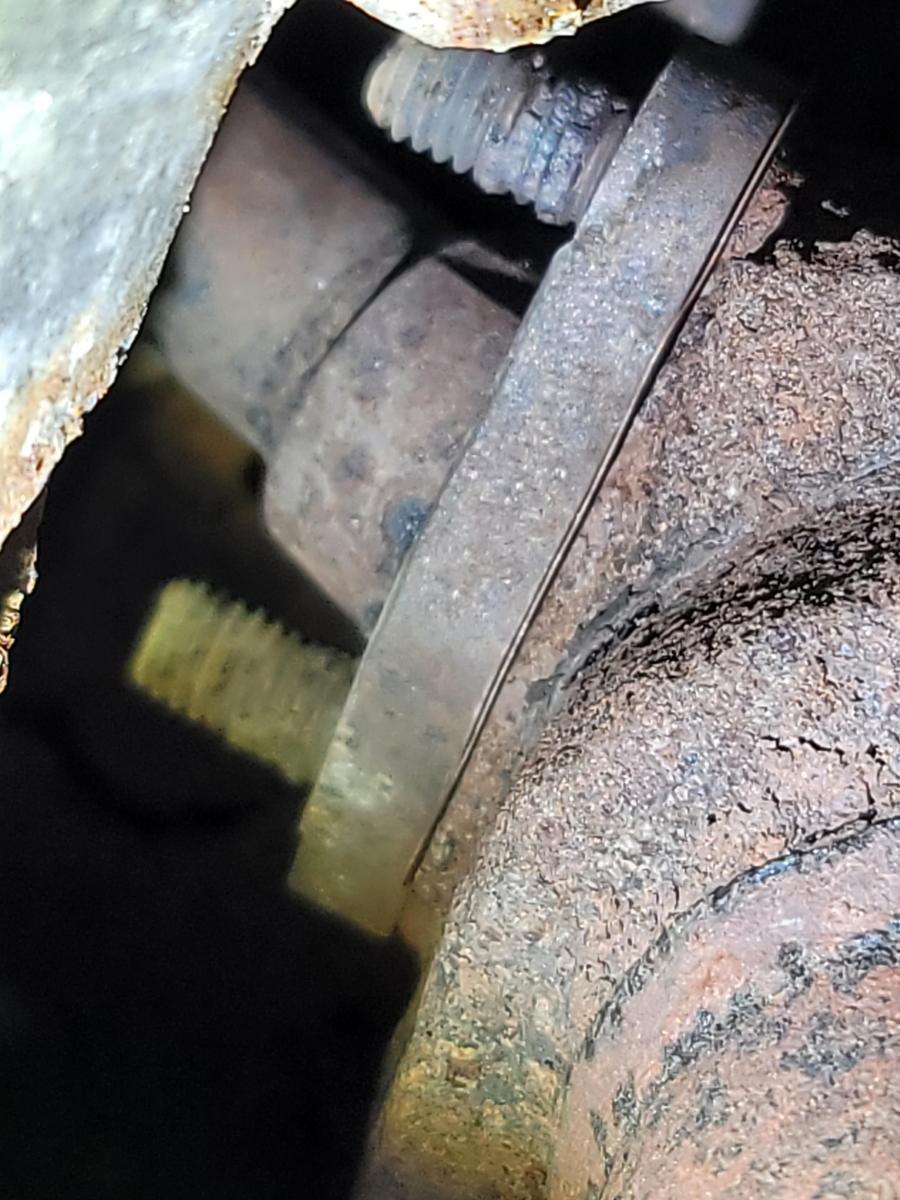
🚗 Diagnosing Catalytic Converter Issues the Right Way At Accomplished Auto, we believe in fixing the root of the problem – not just the symptom. One of the most misunderstood parts of your car’s emissions system is the catalytic converter (or "cat" for short). It plays a critical role in cleaning up the exhaust gases before they exit your vehicle. But when a warning light pops up for something like a “catalyst efficiency” code (P0420 or P0430), it doesn’t always mean the catalytic converter itself has failed. In fact, many times it’s doing its job just fine, and something else upstream – like how your engine is running – is causing the problem. That’s why we take the time to test properly, not just replace parts. 🔍 Why a Prop ... read more
Posted on 7/15/2025
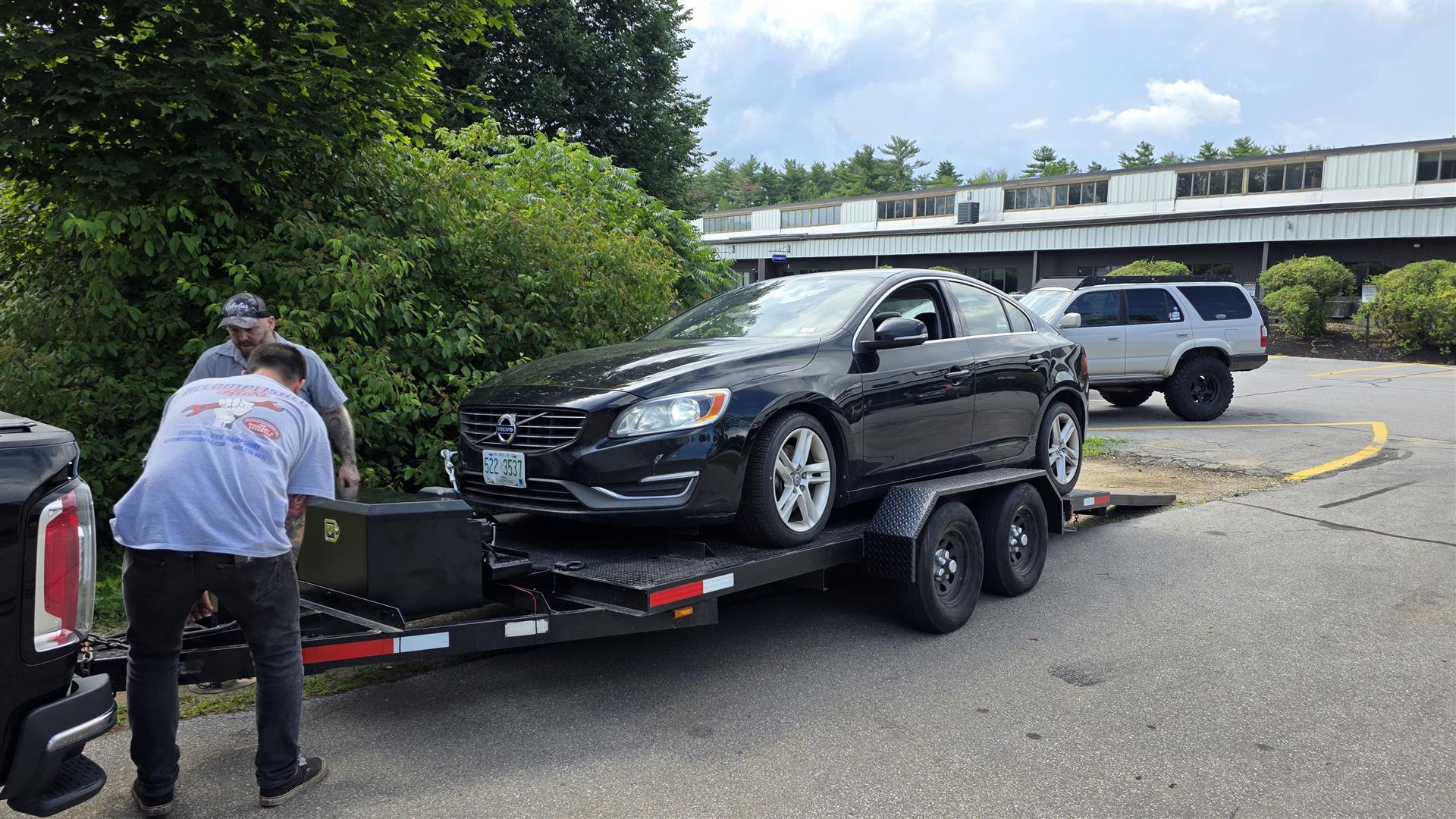
At Accomplished Auto, our Concord, NH auto shop is excited to announce a new limited towing service exclusively for our repair customers in the greater Concord area. If your car won’t start or isn’t safe to drive, our team can now tow your vehicle directly to our shop for repairs. This limited towing option is designed as a convenient, customer-only benefit—getting your disabled vehicle straight to us without the hassle of arranging a third-party tow. In this post, we’ll explain what our towing service includes, the areas we cover, our equipment limitations, and how we operate in full compliance with local and federal regulations to better serve you. Service Area – Concord, NH and Surrounding Towns Our towing service is limited to Concord and its neighboring communities so we can serve local customers promptly and efficiently. Towns within our towing range include ... read more
Posted on 7/3/2025
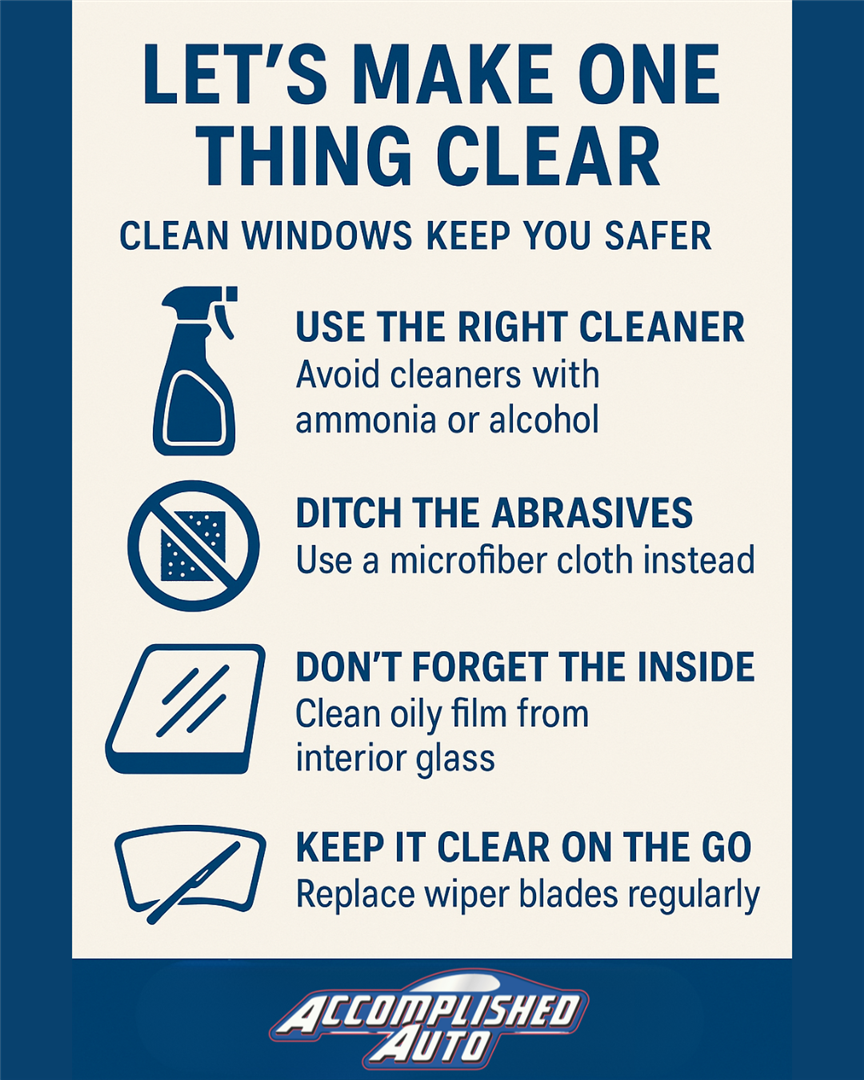
Crystal Clear Car Windows: Visibility & Safety Tips from Accomplished Auto in Concord, NH Serving Concord and Surrounding Towns with Expert Auto Care Keep Your Car Windows Spotless for Safer Driving At Accomplished Auto, your safety comes first. For drivers in Concord, NH and the nearby communities, clean car windows are more than a matter of appearance—they are essential for safety and peace of mind on the road. Why Clean Car Windows Matter for Visibility Dirty, fogged, or streaky windows can quickly turn sunlight or headlights into blinding hazards. Clean windows maximize your field of vision, helping you spot vehicles, pedestrians, and road signs—especially during New Hampshire’s unpredictable weather. Whether you’re commuting in Concord, Bow, Pembroke, Loudon, or Hopkinton, clear visibility is crucial. 3 Essential Tips for Sparkling Car Windows Choose the Right Glass Cleaner Avoid household glass cleaners that contain ammonia or alcohol, which ca ... read more
Posted on 6/30/2025
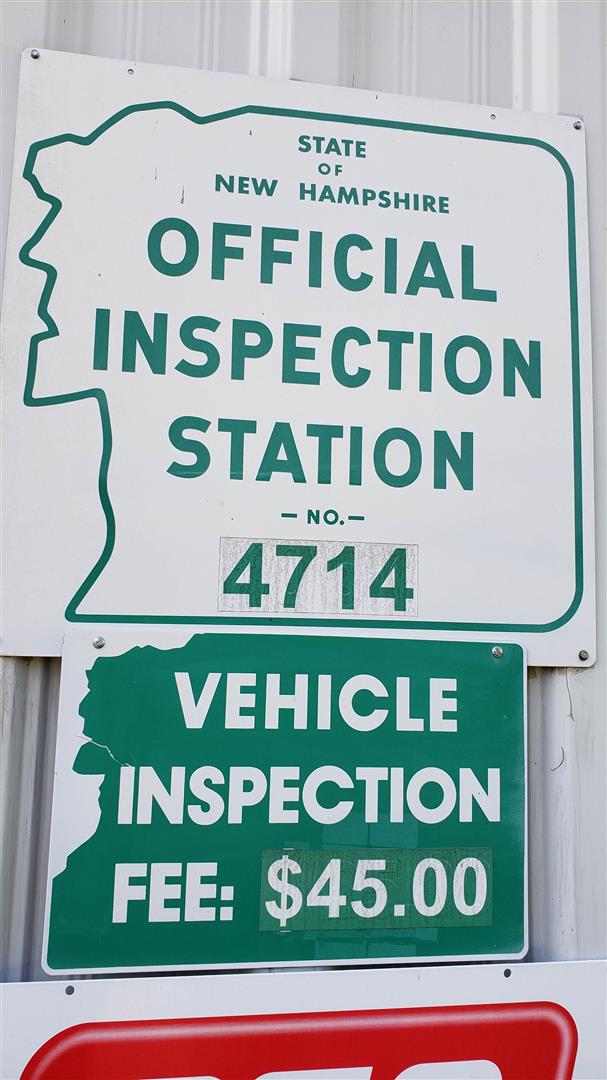
NH Budget Bill Eliminates Vehicle Inspections: How does this impact you! The recent passage of New Hampshire's state budget bill has brought a controversial change: the repeal of mandatory vehicle safety inspections. As of January 30, 2026, annual inspections will no longer be required for most vehicles in the state. While some may celebrate this as a step toward reducing red tape, we at Accomplished Auto believe this decision poses serious risks to public safety, financial stability, and environmental health. This shift is not a panacea. It removes a structured, professional safety check and replaces it with a hope that vehicle owners will self-regulate. It also places more responsibility on police officers, who must now identify unsafe vehicles during routine traffic stops, without the specialized tools or knowledge of trained mechanics. It is important to understand that this repeal does not eliminate any of the existing safety or emi ... read more